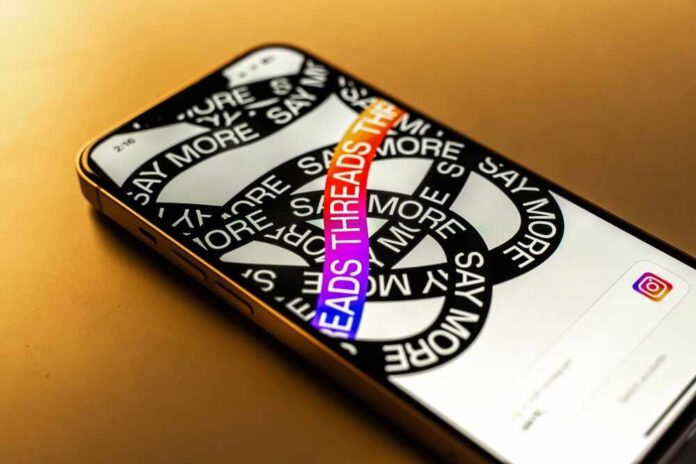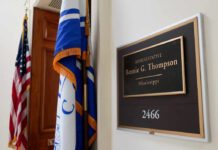
Meta unofficially billed its recently released Threads platform as a knock-off of X, the social media site formerly known as Twitter.
But while X has made strides toward more freedom of expression since Elon Musk acquired the company last year, Threads seems to be taking the opposite approach.
This week, the platform reportedly introduced a new search feature that blocked a host of terms. In a statement, the company claimed that the flagged keywords represent “potentially sensitive” topics.
Notably, many of those terms are related to COVID-19 — including “coronavirus,” “vaccines” and “vaccination.”
According to a Meta spokesperson, the “search functionality temporarily doesn’t provide results for keywords that may show potentially sensitive content” but users “will be able to search for keywords such as ‘COVID’ in future updates once we are confident in the quality of the results.”
Given the leaked Twitter reports that showed how pandemic-related content was manipulated under that company’s previous ownership, many critics are skeptical that similar efforts to suppress certain speech is currently underway on Threads.
New social media platform Threads, search engine blocks words like vaccine, covid 19 & other words people would search for truth online. But like most, it's in partner w left. Searching online will route to CDC website. Truth must be hidden at all costshttps://t.co/QhXWXTTZP8
— C Young (@cathyyoung421) September 13, 2023
World Health Network Outreach Director Julia Doubleday is among those who believe limiting the availability of information about COVID-19 on social media could have serious negative health consequences for those most at risk of serious complications from the virus.
Calling Meta’s decision “indefensible,” she explained: “Long COVID patients have died of organ failure, infections, cardiac events and more, and social media is one place they can share information. Cutting off communication between suffering and disabled patients is cruel in the extreme.”
Lucky Tran, Columbia University’s director of science communication, said he was taken aback during his regular research when an inquiry about COVID “came up with no search results” on the platform.
Echoing Doubleday’s concern, he concluded: “The decision to censor searches about covid will make it harder for public health experts and people who work in public health to get out important info to the public about how they can protect themselves.”
While social media companies often claim they are motivated by a desire to reduce misinformation, Tran said that throttling relevant searches “will only leave an information gap that will be filled by misinformation from elsewhere.”




























